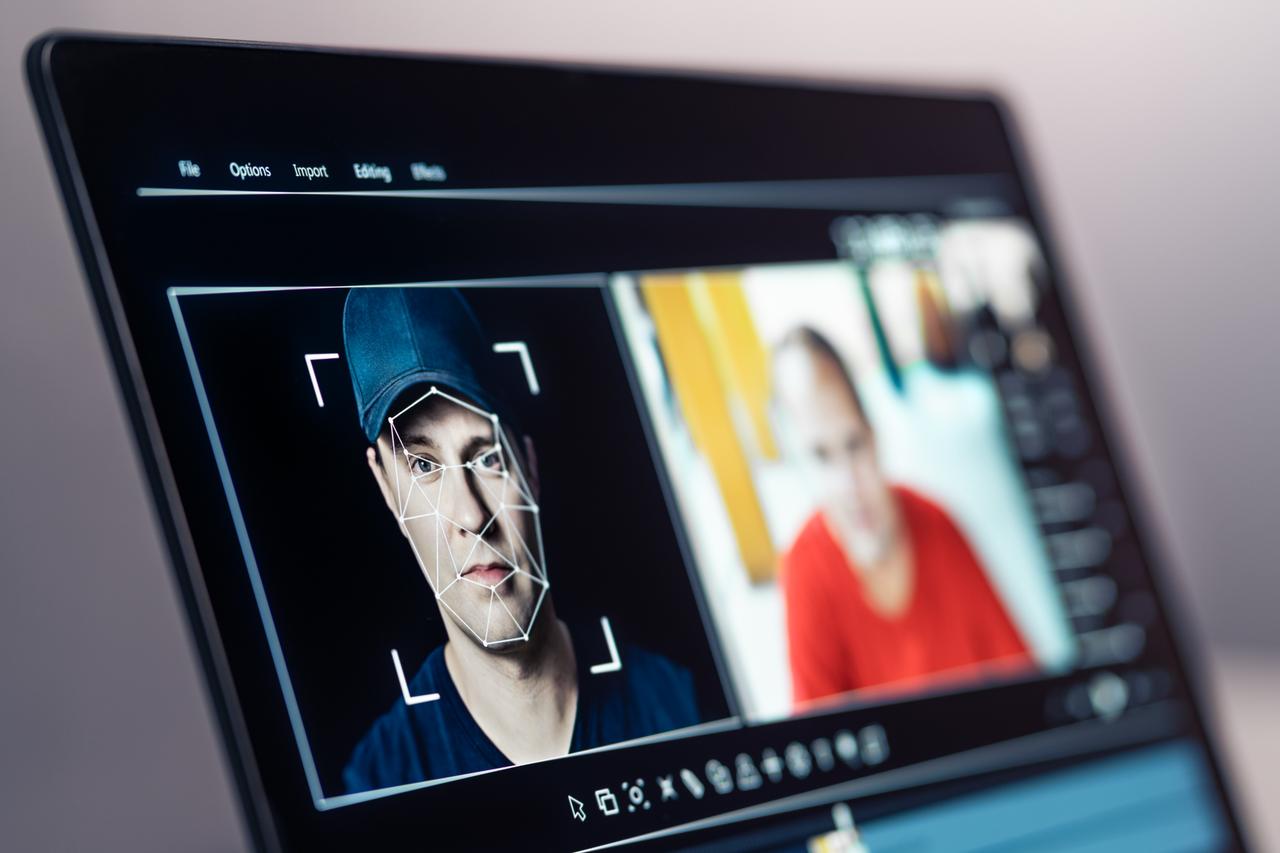
The Bundesrat (Federal Council of Germany) has presented a draft law aimed at the criminal protection of personal rights against deepfakes. According to the proposal (21/1383), realistic-looking media content created or manipulated with the help of artificial intelligence (AI) – including AI-powered face swapping and video editing – has been on the rise in recent years, posing increasing threats to individual privacy and personality rights.
The Bundesrat notes that deepfakes often involve cases in which faces or other body parts in videos are swapped, gestures and facial expressions are deliberately manipulated, or voices are imitated, creating the impression of authentic recordings. According to current findings, women and girls are frequently targeted, with manipulated images or videos placing them in sexualized contexts they did not consent to.
The draft law proposes a specific provision in the Criminal Code aimed at protecting individuals from deepfakes and similar technological manipulations. Under the proposed rules, anyone who violates another person’s personality rights by sharing computer-generated or altered media content – which gives the appearance of a realistic depiction of the person’s appearance, behavior, or speech – could face legal penalties.
Additionally, the draft includes regulations to protect deceased individuals, increase penalties under aggravating circumstances, exempt socially appropriate actions from punishment and introduce related amendments to criminal procedure law and the rules for filing charges.